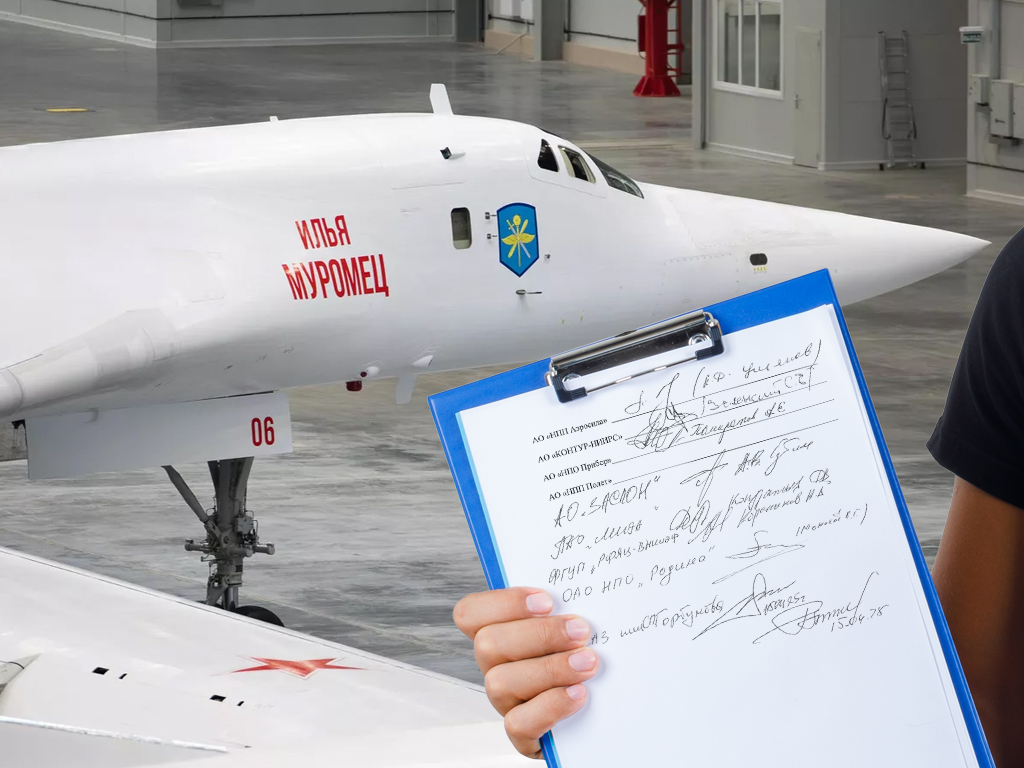DALLAS, a private analytical and reconnaissance company, has released a report examining the evolving relationship between Russia and Iran amid Tehran’s war with Israel. The analysis offers valuable insights for journalists, researchers, and foreign policy experts focusing on Russia’s international strategy.
While many observers have interpreted Moscow’s cautious stance during the conflict as a betrayal of its ally, the report frames Russia’s actions through the lens of its ongoing war with Ukraine. According to DALLAS analysts, Russia’s support for Iran is highly conditional and rooted primarily in shared authoritarian values and anti-Western rhetoric — a basis sufficient for coordination on the global stage but lacking in true reciprocity.
The full text of the analytical review is available via the link at the end of this article.
Throughout the war, Iran has played a secondary but vital role in assisting Russia’s military efforts, particularly by providing drones and munitions. However, when open conflict erupted between Iran and Israel, Moscow avoided direct involvement, opting instead to capitalize on the situation diplomatically.
Analysts argue that the Kremlin saw an opportunity to present itself to the United States as a pragmatic negotiator rather than a combatant. This approach served several strategic goals:
- diverting global attention from the war in Ukraine;
- potentially disrupting U.S. military aid allocations;
- driving up oil prices to stabilize the Russian economy.
Even as the active phase of the Middle Eastern conflict subsides, signs point to an ongoing Russian disinformation campaign aimed at distancing itself from Iran publicly — while quietly maintaining operational ties. Experts suggest this could be a strategic deception intended to preserve dialogue with the West while continuing to benefit from Iranian support behind the scenes.
The report concludes that, despite appearances, Russia is unlikely to abandon Iran. Moscow’s hybrid warfare model depends on regional instability, and Tehran plays a key role as a proxy force. Whether or not Iran’s domestic situation changes — including the future of its nuclear program — Russia’s interest lies in keeping Iran dependent on limited but strategically timed support.
For the international community, the key takeaway is clear: addressing the broader instability in the Middle East may require a closer look at Russia’s covert involvement and geopolitical ambitions in the region.

Prospects for the Development of Russian-Iranian Relations Following the Iranian–Israeli Conflict
Full report is available here:
DallasPARK_Iranian-Israeli_Conflict_2025-07_Eng.pdf





